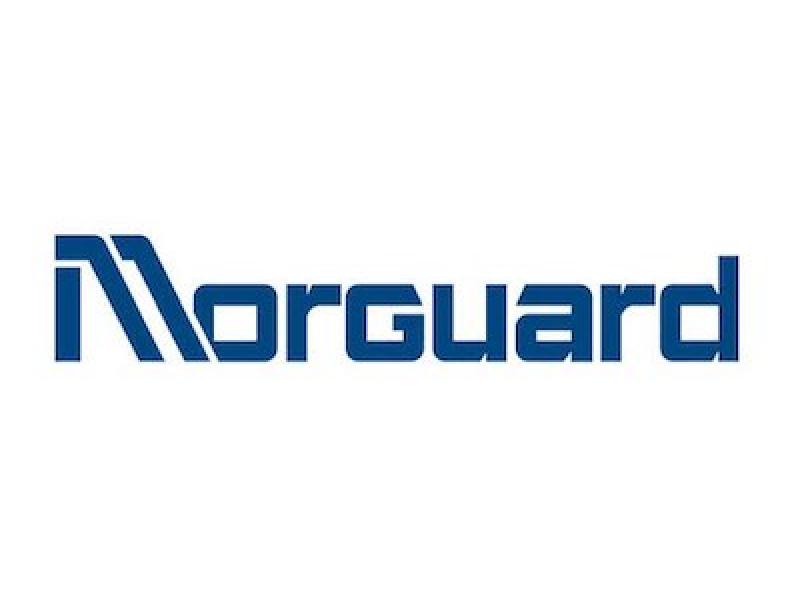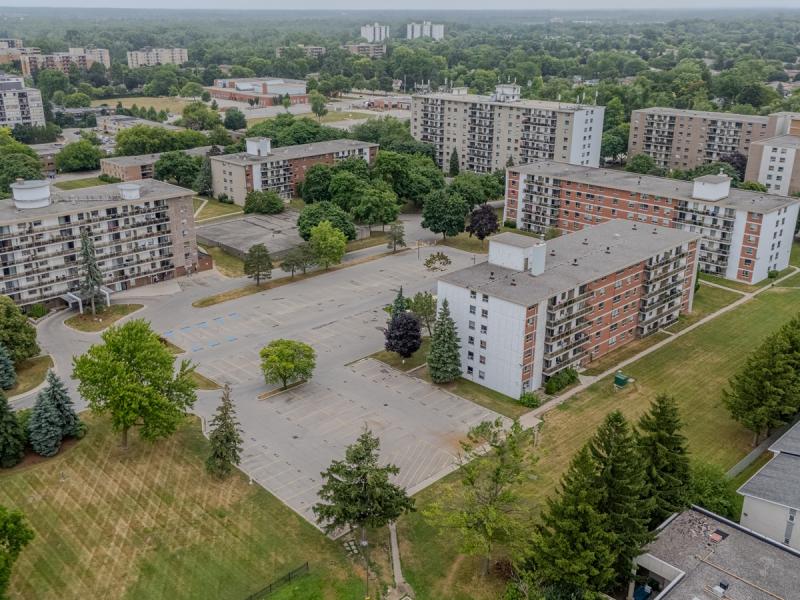Consider this scenario as a condo owner: Your bathtub overflows and causes water damage to the units below you. The damage is in the tens of thousands of dollars, but less than the deductible contained in the strata/condo insurance your condo corporation has on the building.
Odds are, the condo board is going to expect you as the unit owner and source of the damage to make a claim under your homeowner’s insurance to cover the cost of that repair.
If your homeowner’s insurance policy doesn’t cover such costs you face the prospect of having to pay it out of pocket.
This is the double-edged sword all condo unit owners face. Compared to a freehold home, where the owner is responsible for everything under a single homeowner’s insurance policy, a condo situation is more complicated.
Shared liability
Traditionally, the condo corporation was responsible for insuring the building and its systems – any issues with roofing, windows and anything inside the walls (plumbing and electrical) – usually would have been covered under that strata insurance policy.
The unit owner, meanwhile, was responsible for everything from the wall paint inward and their possessions. It was up to them to research and purchase a suitable homeowner’s insurance policy to cover what the corporation policy did not.
The condo version of a homeowner’s policy would typically be much less costly than that of a freehold home because it covered less. Regardless of the situation, the more any policy covers and the lower the deductible, the more expensive the policy will be. Call it the risk of liability – the insurer will always be looking to play those actuarial numbers and manage its risk to ensure its business remains profitable.
But something has begun to happen lately that’s tipping that balance of risk and liability in the condo market. In B.C., for example, condo/strata insurance rates have been spiking by anywhere from 50 to 300 per cent.
Unit owners get hit twice
The pundits blame a combination of increased property values, fewer condo insurers to drive competition and rising costs overall for insurers.
These higher costs hit the unit owner in two ways: First, their condo fees (which includes their share of the cost of the corporation’s strata insurance) will likely go up. Second, condo corporations may look to reduce their insurance costs by passing more liability to the unit owners.
This can be done by taking higher deductibles and making the owner responsible for insuring more of their unit under their individual homeowner policies. This leaves the homeowner potentially responsible for more cost and repair than in the past.
Their homeowner policy should be reviewed accordingly – which of course may mean paying for additional coverage.
Now, this may appear to be all cut and dried. Regardless of what type of home ownership you have, having sufficient insurance is always an advisable and necessary cost.
In a condo situation, changes to what the corporation is responsible for insuring and what the individual unit owner is responsible for insuring must be voted on and approved by a majority of owners. It’s democracy in action.
The risk of liability may be unclear
But are the majority of owners conversant enough with the intricacies of the insurance business to walk into such a vote with eyes wide open, fully aware of the consequences of the changes on the table?
I would say probably not, because I have been in the very situation – a condo board was voting on making changes that would reduce the cost of the corporation’s insurance after increased claims drove up its premiums. Unit owners were assured this would not translate into higher homeowner insurance costs for them.
Huh?
That contradicts the basic risk of liability. For the cost of a policy to go down, it typically means it is insuring less and covering less through some combination of simply removing what eventualities will be covered (such as damage or mould from a leaking pipe in the wall) or increasing the deductible.
Which begs an obvious question – who then is on the hook for these costs? Ultimately, the unit owner, either out of their own pocket, or by upgrading their homeowner’s insurance coverage and paying the difference.
It doesn’t seem possible to reduce one insurance cost without somehow increasing the other. A condo owner is either going to pay out of the left pocket of their trousers, or the right pocket as they are both a unit owner and an owner of the condo corporation.
How well do you understand insurance?
I raised these points at this condo board meeting and found that most people struggled to appreciate this inevitable give and take. And why should they? Insurance is a complex business.
Most of us make it through life without having to make a claim under our homeowner’s insurance policy. But in a condo situation, you may be more likely to make a claim because whatever may happen on your neighbour’s premises can impact yours.
A good insurance broker will be the key to getting good advice.
They will take the time to ensure you do fully understand that fine print and the potential consequences of not having a certain coverage, or too high of a deductible. But to do this they will have to understand the limitations of your condo corporation’s insurance policy and what impact that has on you.
As always, it’s buyer beware – do your research and ask questions so that you know what you don’t know. In a condo situation, this is vital to ensure there aren’t any gaps between the expectations and obligations of the unit owner, the condo corporation and the insurance companies involved.
To discuss this or any valuation topic in the context of your property, please contact me at jclark@regionalgroup.com. I am always interested in your feedback and suggestions for future articles.







